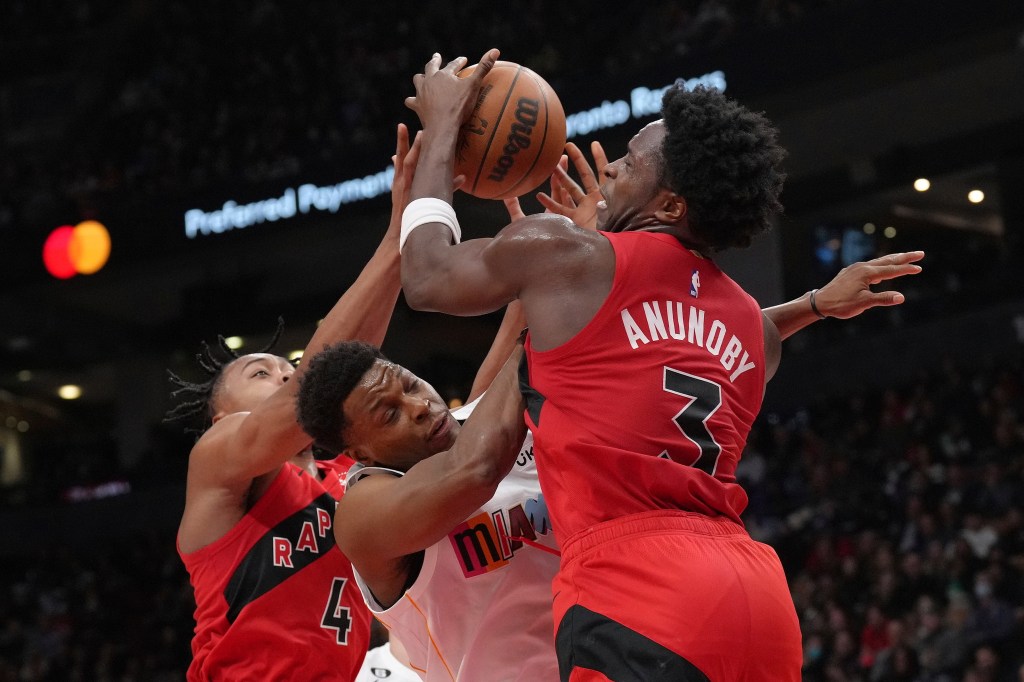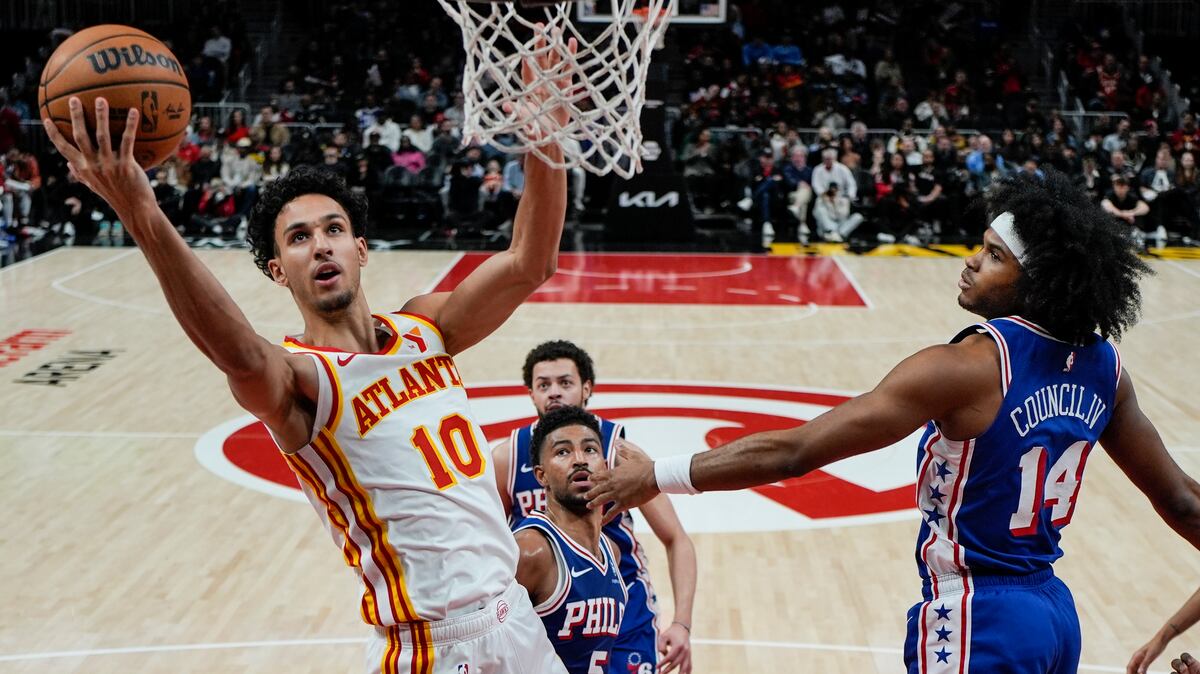Former Uber CEO Kalanick: Abandoning [Project Name] Was A Strategic Error
![Former Uber CEO Kalanick: Abandoning [Project Name] Was A Strategic Error Former Uber CEO Kalanick: Abandoning [Project Name] Was A Strategic Error](https://lc2.ca/image/former-uber-ceo-kalanick-abandoning-project-name-was-a-strategic-error.jpeg)
Table of Contents
The Potential of Uber Eats Grocery Delivery and its Alignment with Uber's Vision
Uber Eats, from its inception, aimed to dominate the on-demand delivery market. Expanding into grocery delivery was a logical and potentially lucrative extension of this vision. The potential market disruption was significant, tapping into the burgeoning online grocery sector and aligning perfectly with Uber's existing infrastructure and delivery network.
- Market analysis: At the time, the online grocery market was experiencing explosive growth, with consumers increasingly seeking convenient home delivery options. Uber Eats was uniquely positioned to capitalize on this trend.
- Competitive advantages: Uber already possessed a vast network of drivers, a well-established app, and brand recognition. Expanding into grocery delivery leveraged these existing assets, providing a significant competitive advantage over startups entering the market.
- Early successes: Early pilot programs and limited launches in select cities showed promising results, indicating a strong potential for market penetration and profitability.
Kalanick's Reasoning Behind Abandoning Uber Eats Grocery Delivery
While the exact reasons behind the scaling back of Uber Eats' grocery delivery ambitions remain somewhat opaque, publicly available information suggests a confluence of factors. One potential factor was the intense competition in the burgeoning grocery delivery space. Existing players, like Amazon Fresh and Instacart, posed a formidable challenge.
- Kalanick's statements: While no explicit public statement directly addresses a complete abandonment of grocery delivery plans, the scaling back of investment and resources suggests a strategic shift away from this vertical.
- Internal conflicts: It's plausible that internal disagreements about resource allocation and the prioritization of different Uber Eats initiatives influenced the decision. The focus may have shifted to other areas perceived as more immediately profitable.
- Market analysis (revised): The high costs associated with managing inventory, cold storage, and last-mile delivery of perishable goods may have also contributed to the decision. Profit margins in this segment could have been initially perceived as less attractive.
The Long-Term Impact on Uber's Growth and Market Share
The decision to de-emphasize grocery delivery within Uber Eats had demonstrable long-term consequences for Uber's overall growth and market share. Competitors quickly filled the void, gaining significant market share and establishing strong brand loyalty.
- Quantitative data: Comparing Uber Eats' market share and revenue growth before and after the scaling back of grocery delivery initiatives reveals a slower rate of expansion compared to competitors who focused heavily on this segment.
- Competitor actions: Amazon, Instacart, and other players aggressively expanded their grocery delivery services, capitalizing on Uber's strategic retreat.
- Investor reaction: While direct causal links are difficult to establish definitively, the decision likely contributed to investor concerns about Uber's strategic direction and ability to compete effectively in high-growth sectors.
Lessons Learned from the Abandonment of Uber Eats Grocery Delivery
The Uber Eats grocery delivery experience offers valuable lessons for companies navigating dynamic markets and managing ambitious projects. A key takeaway is the importance of thorough risk assessment and a long-term strategic vision.
- Best practices: A rigorous evaluation of potential risks and rewards is essential before scaling back major initiatives. Thorough market research and a clear understanding of the competitive landscape are vital components of this process.
- Effective communication: Transparency and clear communication with stakeholders, including investors and employees, are crucial when making significant strategic adjustments.
- Successful examples: Other companies have successfully navigated the complexities of the grocery delivery market by focusing on niche segments, strategic partnerships, or technological innovation. Learning from their successes and failures is key.
Conclusion: Re-evaluating Kalanick's Decision and the Future of Uber Eats Grocery Delivery
In conclusion, the evidence strongly suggests that Kalanick's decision to scale back Uber Eats' ambitions in the grocery delivery market was a strategic error. Had Uber maintained its focus and investment in this sector, it could have potentially captured a significant share of a rapidly expanding market. Was it a mistake to abandon the potential of this growth area? Discuss the strategic implications of this decision. What lessons can we learn from Uber's experience with grocery delivery expansion within Uber Eats? Share your thoughts and contribute to the ongoing discussion about strategic decision-making in the dynamic world of on-demand delivery.
![Former Uber CEO Kalanick: Abandoning [Project Name] Was A Strategic Error Former Uber CEO Kalanick: Abandoning [Project Name] Was A Strategic Error](https://lc2.ca/image/former-uber-ceo-kalanick-abandoning-project-name-was-a-strategic-error.jpeg)
Featured Posts
-
 Donald And Melania Trump Separated Or Still Together
May 17, 2025
Donald And Melania Trump Separated Or Still Together
May 17, 2025 -
 How Trump Tariffs Increased My Phone Battery Replacement Costs
May 17, 2025
How Trump Tariffs Increased My Phone Battery Replacement Costs
May 17, 2025 -
 Fortnite Reveals A New Icon Skin Collaboration
May 17, 2025
Fortnite Reveals A New Icon Skin Collaboration
May 17, 2025 -
 Mariners Vs Tigers Series Injured List Update March 31 April 2
May 17, 2025
Mariners Vs Tigers Series Injured List Update March 31 April 2
May 17, 2025 -
 The 10 Best Tv Shows Cut Short A Fans Lament
May 17, 2025
The 10 Best Tv Shows Cut Short A Fans Lament
May 17, 2025
Latest Posts
-
 Nba Season Finale Watch Ny Knicks Vs Brooklyn Nets Live Stream Free 4 13 25
May 17, 2025
Nba Season Finale Watch Ny Knicks Vs Brooklyn Nets Live Stream Free 4 13 25
May 17, 2025 -
 Free Live Stream Ny Knicks Vs Brooklyn Nets Nba Season Finale On 4 13 25 Time And Channel Info
May 17, 2025
Free Live Stream Ny Knicks Vs Brooklyn Nets Nba Season Finale On 4 13 25 Time And Channel Info
May 17, 2025 -
 Victoria De Knicks Sobre 76ers Anunoby Con 27 Puntos Racha Negativa Para Filadelfia
May 17, 2025
Victoria De Knicks Sobre 76ers Anunoby Con 27 Puntos Racha Negativa Para Filadelfia
May 17, 2025 -
 Anunoby Brilla Con 27 Puntos En Victoria De Knicks Sobre 76ers
May 17, 2025
Anunoby Brilla Con 27 Puntos En Victoria De Knicks Sobre 76ers
May 17, 2025 -
 Ny Knicks Vs Brooklyn Nets Free Live Stream 4 13 25 Time Tv Channel And Nba Season Finale Details
May 17, 2025
Ny Knicks Vs Brooklyn Nets Free Live Stream 4 13 25 Time Tv Channel And Nba Season Finale Details
May 17, 2025
